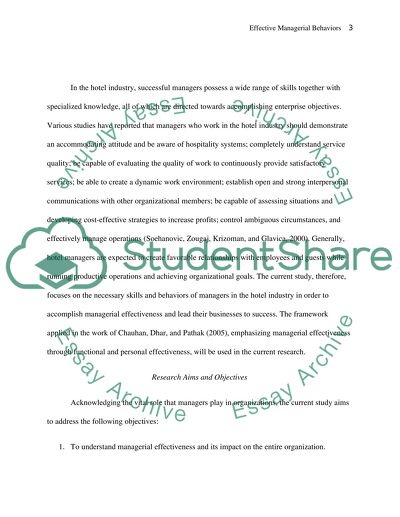Cite this document
(“Managerial theories and behaviour or What are the building stones for Dissertation”, n.d.)
Retrieved from https://studentshare.org/family-consumer-science/1406576-managerial-theories-and-behaviour-or-what-are-the
Retrieved from https://studentshare.org/family-consumer-science/1406576-managerial-theories-and-behaviour-or-what-are-the
(Managerial Theories and Behaviour or What Are the Building Stones for Dissertation)
https://studentshare.org/family-consumer-science/1406576-managerial-theories-and-behaviour-or-what-are-the.
https://studentshare.org/family-consumer-science/1406576-managerial-theories-and-behaviour-or-what-are-the.
“Managerial Theories and Behaviour or What Are the Building Stones for Dissertation”, n.d. https://studentshare.org/family-consumer-science/1406576-managerial-theories-and-behaviour-or-what-are-the.


